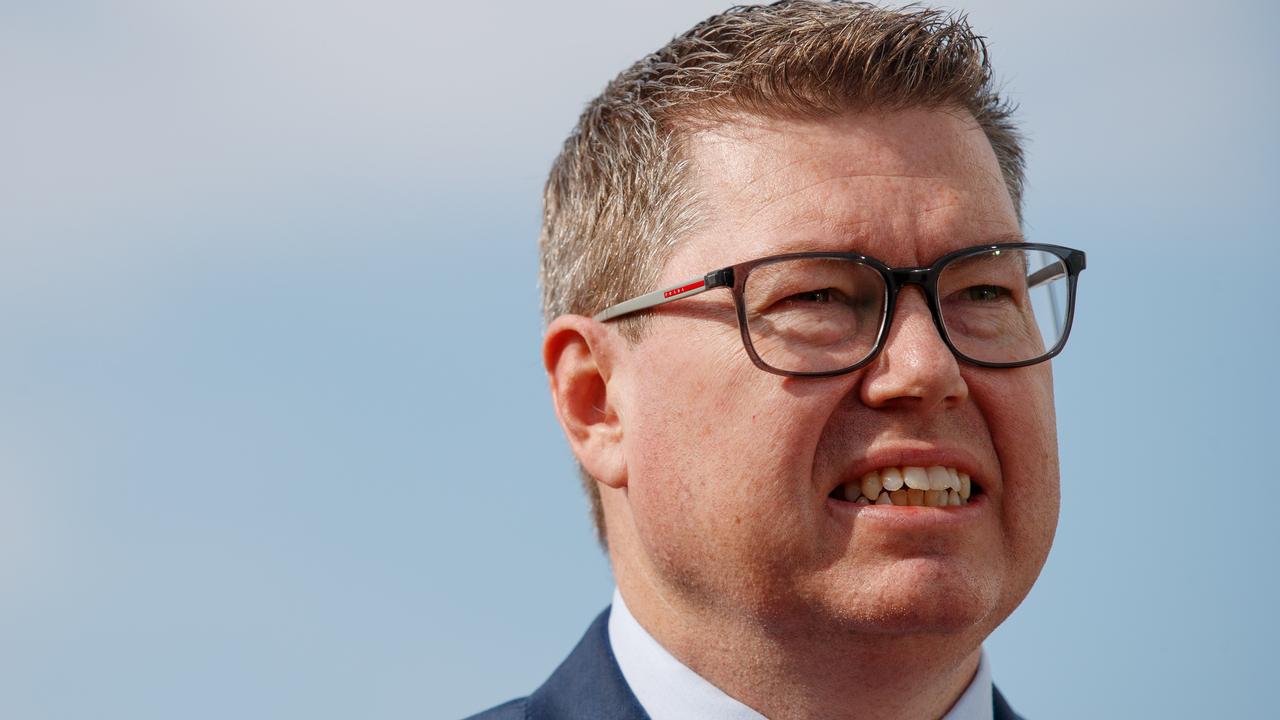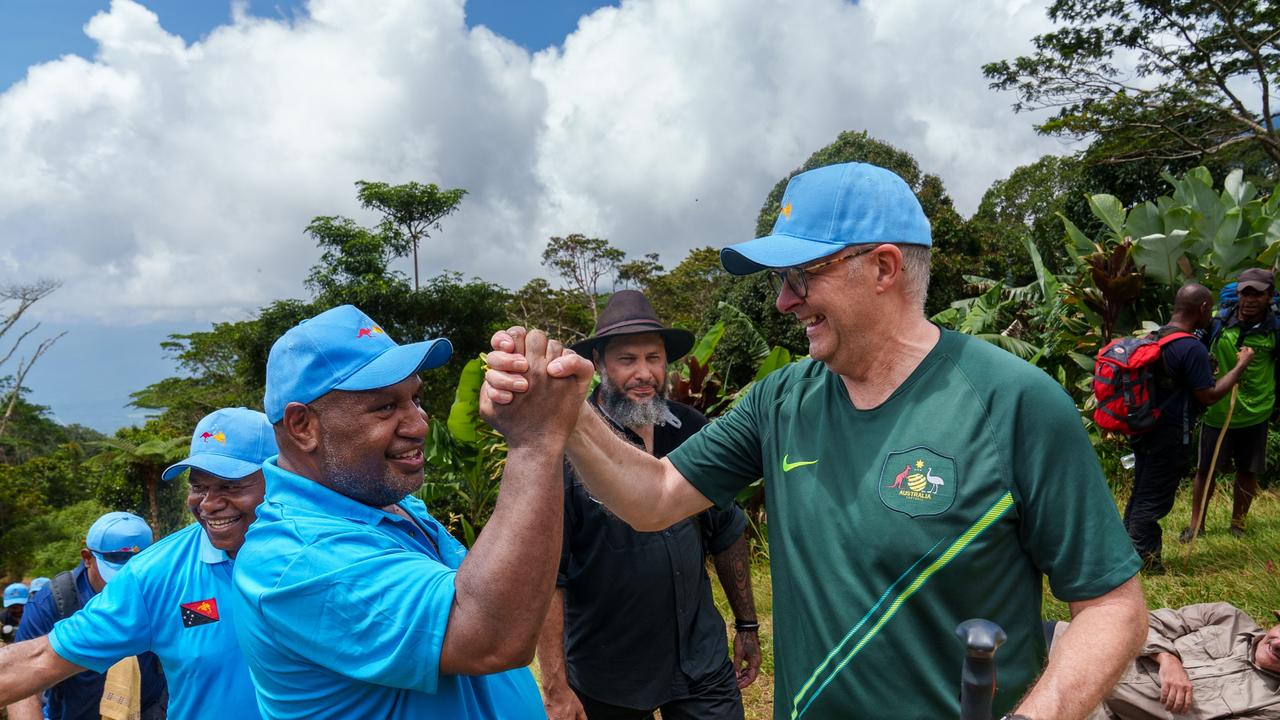Australia PNG’s ‘security partner of choice’, Development and Pacific Minister Pat Conroy says
A senior minister says Papua New Guinea has made a choice that could have a major impact on Australia’s role in the Pacific.
The minister overseeing Australia’s engagement in the Pacific says Papua New Guinea has decided on its “security partner of choice”.
China has been courting Australia’s northern neighbour for years as part of Beijing’s efforts to expand influence in the Pacific.
The Albanese government has offered to splash hundreds of millions on PNG’s bid for an NRL team in exchange for assurances the Pacific nation would not sign a security pact with China, according to a report earlier this week.
Asked about the reported offer, Development and Pacific Minister Pat Conroy said on Thursday that PNG had picked Australia in the geopolitical tug of war.


“Well, as a matter of principle, I don’t discuss what negotiations I undertake with foreign governments,” Mr Conroy told the ABC.
“What I can say to you is that we are their security partner of choice.
“They’ve made it very clear publicly and we continue to try and build strategic trust with all Pacific nations, but particularly PNG.”
The Albanese government has been scrambling to improve relations with Pacific nations since coming to power in a bid to reverse years of deterioration and counter China’s regional ambitions.
Last year, Beijing signed a policing pact with the Solomon Islands.
Uniformed Chinese police have also popped up in Kiribati, with both Kirabati and Chinese officials keeping it under wraps until Reuters exposed it in February.
Pacific leaders in August backed an Australian policing initiative, under which Canberra pledged $400m to build up law enforcement capabilities across the region over the next five years.
Earlier in August, Australia and New Zealand pledged to step up trans-Tasman defence, with Prime Minister Anthony Albanese and his counterpart Christopher Luxon warning that the region is facing “the most complex and challenging strategic circumstances since World War II”.



